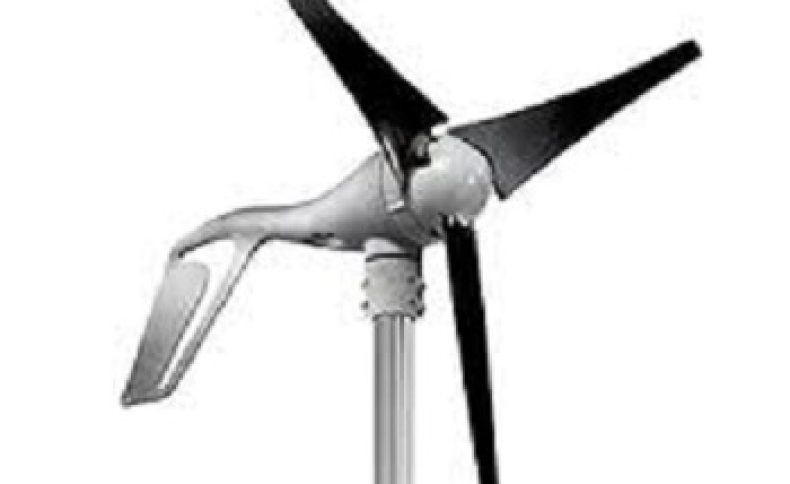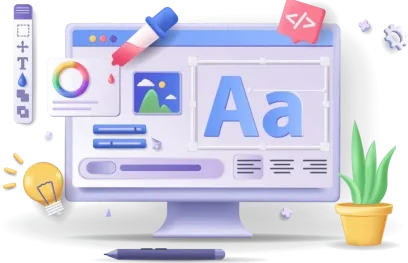Exploring the Future of Clean Energy: Residential Wind Power and Renewable Energy Companies in South Africa
July 17, 2025 - 0 COMMENTS

In recent years, the global push toward sustainable energy has led to a remarkable surge in interest across Africa—particularly in South Africa—where the need for clean, affordable, and reliable power solutions has never been more urgent. As the demand for renewable resources increases, Renewable Energy Companies in South Africa are at the forefront of driving innovation, investment, and environmental stewardship. Among the rising trends in this transformation is the growing adoption of Residential Wind Power, offering a viable solution for homeowners to reduce dependence on traditional energy grids and contribute to a greener future.
The South African Energy Landscape
South Africa’s energy infrastructure has long relied on coal-fired power plants, contributing significantly to carbon emissions and environmental degradation. However, frequent load shedding, rising electricity tariffs, and global climate goals have accelerated the transition to renewable energy sources. In this context, Renewable Energy Companies in South Africa have emerged as key players, offering solutions such as solar, hydro, and wind energy to meet growing demands sustainably.
The South African government has also shown increasing support for renewable initiatives through policy frameworks like the Integrated Resource Plan (IRP) and Renewable Energy Independent Power Producer Procurement Programme (REIPPPP), aiming to increase the contribution of renewable sources to the national energy mix. These efforts have not only opened doors for large-scale projects but also spurred growth in the residential energy sector.
The Promise of Residential Wind Power
While solar power has dominated the renewable energy conversation, Residential Wind Power is gaining momentum as a complementary or standalone option for individual homes. South Africa’s geographic diversity, with coastal regions and open plains that experience consistent wind patterns, provides a favorable environment for small-scale wind turbines.
Residential Wind Power refers to the use of small wind turbines installed on residential properties to generate electricity for domestic use. These systems convert wind energy into electrical power, offering a renewable and cost-effective alternative for homeowners, particularly those in off-grid or rural areas.
The advantages of wind power at the residential level include:
-
Energy Independence: Homeowners can reduce or even eliminate their reliance on the national grid.
-
Environmental Impact: Wind power generates zero emissions, helping to combat climate change.
-
Cost Savings: Over time, savings on utility bills can offset initial installation costs.
-
Scalability: Wind systems can be tailored to specific energy needs and expanded as necessary.
However, it’s essential to assess wind conditions at a particular site before installation, as the efficiency of wind turbines heavily depends on wind speed and frequency.
Role of Renewable Energy Companies in South Africa
Many Renewable Energy Companies in South Africa are recognizing the importance of diversifying their offerings to include Residential Wind Power solutions. These companies provide end-to-end services, including feasibility studies, installation, maintenance, and integration with other renewable systems like solar panels and battery storage.
This integration not only improves efficiency but also ensures a stable power supply, even during low-wind periods. Hybrid energy systems that combine solar and wind solutions are particularly appealing in regions with variable weather conditions.
Pegasus Systems, one of the innovative players in the energy technology space, has been actively involved in supporting residential and commercial renewable projects. Their approach includes not only deploying efficient wind turbines for homes but also educating clients on optimal usage and long-term benefits.
With energy innovation at its core, Pegasus Systems partners with homeowners to deliver custom solutions that align with both environmental values and financial goals. Their commitment to sustainable progress exemplifies the broader mission of the renewable sector in South Africa.
Overcoming Challenges and Looking Ahead
Despite its promise, the adoption of Residential Wind Power still faces certain challenges. High upfront costs, zoning restrictions, aesthetic concerns, and noise considerations can deter some homeowners. Additionally, public awareness remains limited, highlighting the need for education campaigns and government incentives to promote adoption.
That said, technology advancements are gradually addressing these concerns. Modern wind turbines are quieter, more efficient, and visually less intrusive than earlier models. As more consumers experience the benefits firsthand, word-of-mouth and community-driven initiatives are expected to boost demand.
Furthermore, collaboration between Renewable Energy Companies in South Africa, municipalities, and financial institutions could pave the way for more accessible financing options, making wind power more attainable for the average homeowner.
Conclusion
The journey toward a sustainable future is a collective effort—one that requires innovation, investment, and informed choices. Residential Wind Power is no longer a futuristic concept; it’s a practical solution ready to transform how South Africans power their homes. With the unwavering efforts of Renewable Energy Companies in South Africa, backed by pioneers like Pegasus Systems, clean energy is becoming a reality, one household at a time.
As awareness grows and technology evolves, more families will have the opportunity to take control of their energy futures, contribute to environmental preservation, and enjoy long-term financial benefits. In doing so, they not only secure their own well-being but also help build a resilient and sustainable South Africa for generations to come.
TAG'S :
 AUTHOR
AUTHOR
SHANE DOE
Hello!! My name is SHANE DOE, I’m glad if you are reading this, which means you are someone who likes the environmental, construction, business, electronics, and lifestyle-related blogs because this is what our website delivers about. I hope you enjoyed it all.










